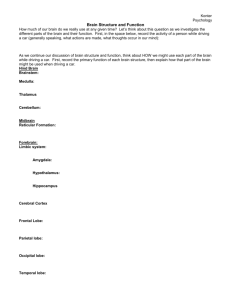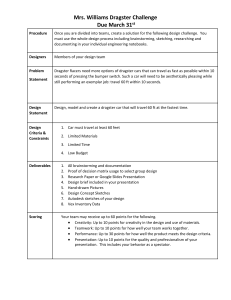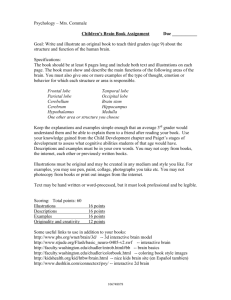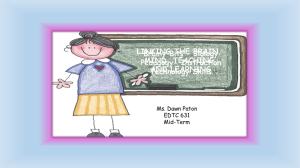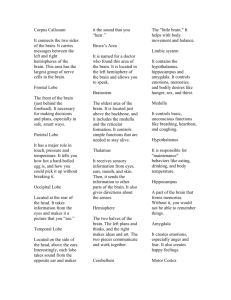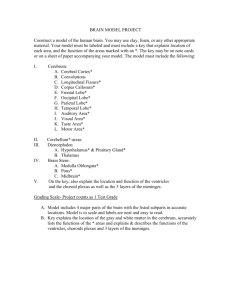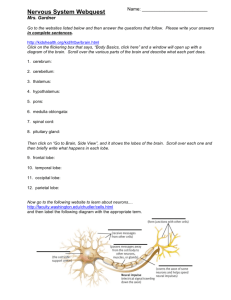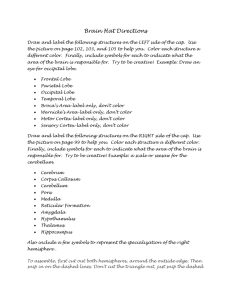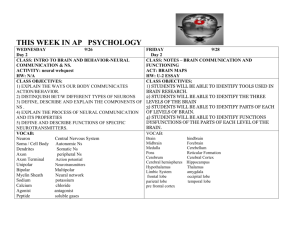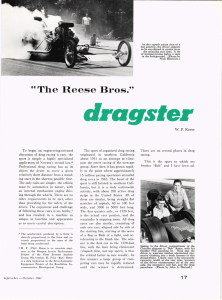Twelve Angry Men and some Literary Terms who
advertisement
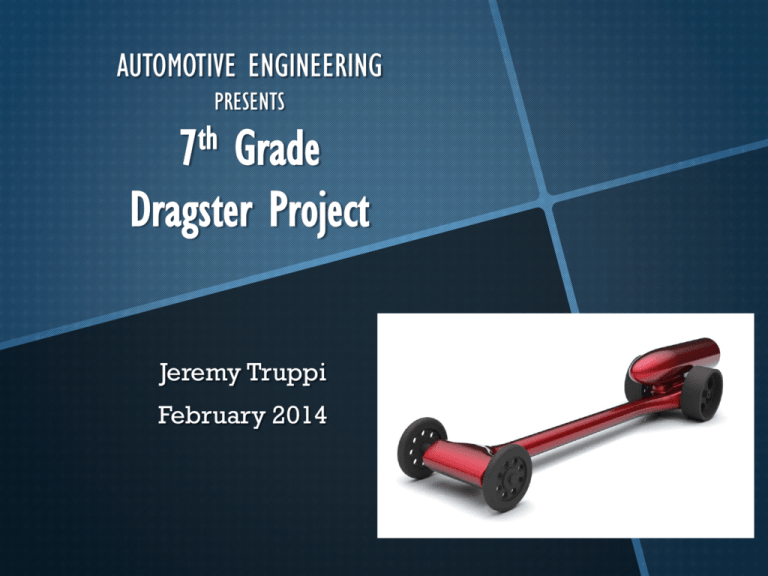
AUTOMOTIVE ENGINEERING PRESENTS th 7 Grade Dragster Project Jeremy Truppi February 2014 Students are required to build the fastest car in the class. Their objective is to understand STREAMLINING & AERODYNAMICS in order to achieve speed. 7th grade Technology • All levels of students • Ages 11-12 • Special Needs Course accommodates 16 – 30 students • TIME LINE: 5 weeks (15 total classes) • • GOALS & OBJECTIVES SENSE & MEANING • Making a connection from real automotive engineering and building a dragster in class. • Understanding Streamlining to ensure less drag = more speed. • Incorporating “Specification” measurements to add a common guideline for every student. • Working in teams to complete a common goal: WIN Have fun! • NJCCS • • • • • CPI#9.1: All students will develop career awareness and planning, employability skills and foundational knowledge necessary for success in the workplace RST.7.9: Compare and contrast the information gained from reading a text on the same topic. CPI # 8.2.12.A.1: Design and create a technology product or system that improves the quality of life and identify trade-off’s, risks and benefits. CPI# 8.2.2.B.1: Brainstorming and devise a plan to build using the design process RST.7.7: Integrate quantitative or technical information expressed in words in a text with a version of that information expressed visually PRESENTATIONS / SPREADSHEETS GRAPHS / SPREADSHEETS Students will be assisted by a series of checklists via step guides. Personal assistance will be given based upon self direction. As students race they will be taught how to calculate SPEED = Distance/Time. They will then make the calculations and connect how weight plays a factor in the speed (based on power of CO2) Students will then be taught how to calculate that data into a spreadsheet and decide how much weight to lose based on their current speed. MULTIPLE INTELLIGENCES LINGUISTIC Students must work with their teams and communicate through LOGICAL / MATHEMATICAL constructive criticism. Students will have to calculate SPEED & DRAG. Then revise their dragsters based on their data. INTERPERSONAL Students work in teams to help each other with data entry and streamlining ideas. INTRAPERSONAL Students must independently to build dragsters. After evaluation are also required to revisions on their work their they make own. BRAINY BITS MOTOR CORTEX PARIETAL LOBE (spatial orientation) FRONTAL LOBE (problem solving) Students will constantly be calculating speed and weight . As well as revising their dragster to improve on the total speed. TEMPORAL LOBE (sound and speech) OCCIPITAL LOBE (visual processing) Students use a WIND TUNNEL iPad app to see how much wind resistance and drag their dragsters have. WORKS CITED Gardner, Howard. Intelligence Reframed: Multiple Intelligences for the 21st Century. New York: Basic Books, 1999. Google Images Web. Oct 2013. Gregorc, Anthony. The Gregorc Style Delineator. Latest. AFG, 2004. Horner, Evelyn. Ramapo College. Mahwah. Fall 2013. Lecture. Sousa, David A. . How the Brain Works. 4th ed. Thousand Oaks, CA: Corwin Press, 2011. print.
